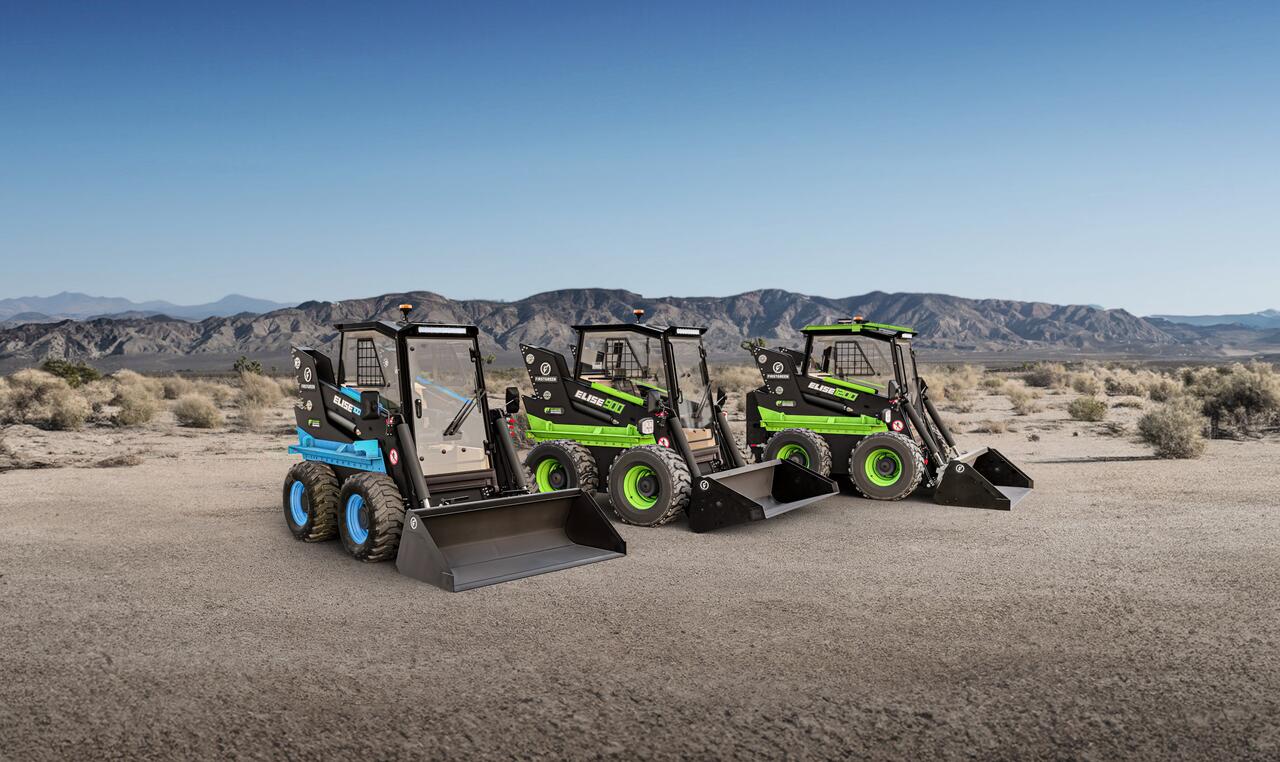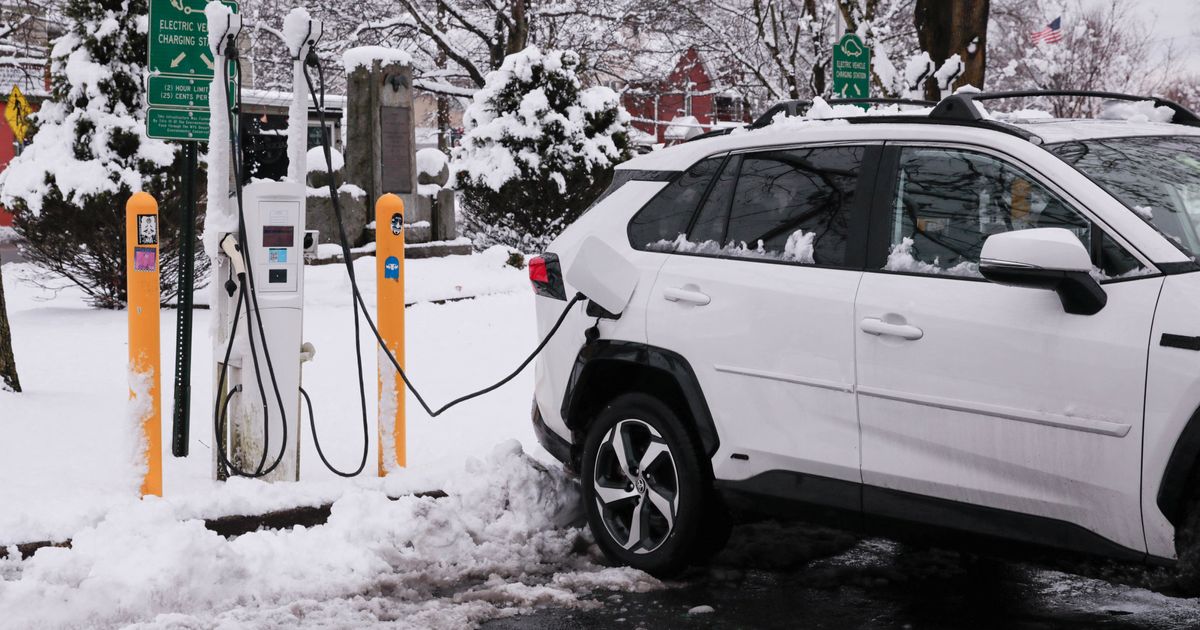These electric skid steers are starting to show up in Canada, or at least B.C.
Now on our farm we do use both tracked and wheeled skid steer loaders, they are both Kubota brand, and of course diesel. They are not expensive to operate, as long as I can stay ahead on maintenance and preventive maintenance. I’ve busted knuckles a few times on the old monkey wrench, but that’s part of the fun I guess.
That being said, I’d be willing to try an electric model if, and only if, it can run 5-6 hours without recharging, I can buy it used, and only if I can do the maintenance without involving very expensive technicians making field calls.
messages.products.seo.description

first.green






